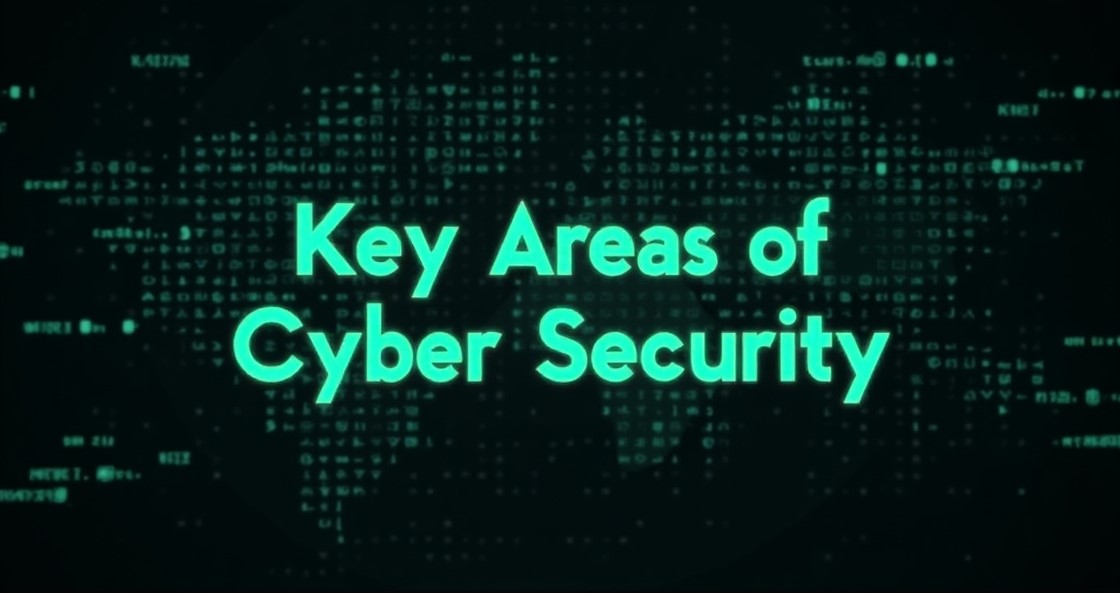Given how reliant we’re on technology in today’s world, cyber security has become an absolute must. There is now a constant risk of cyber-attacks as the use of technology and the internet has grown more widespread in almost every area of daily life.
We’ll explore the field of cyber security and examine its significance, common risks, defense methods and the future of digital defense.
What is Cyber Security?

Cyber security is the process of safeguarding computer systems, networks and software applications from potential cyber-attacks. Cyber-attacks generally seek to acquire, alter or delete precious data, extort funds or disrupt normal business operations.
A variety of technical, procedural and behavioral methods are employed to defend against electronic systems and information from harmful digital activity.
Why is Cyber Security Important?
- Data Protection: Private information about individuals, companies and organizations is constantly under threat of cyber-attacks.
- Financial Safety: Cybercriminals often use techniques such as phishing and ransomware to extract large sums of money from individuals and businesses.
- Business Continuity: Just one successful cyber-attack is capable of disrupting a company’s entire business activities.
- National Security: Governments are often the targets of state-sponsored hackers looking to breach essential national assets.
- Trust and Reputation: Data leaks cause customers to lose faith in a company and result in negative perceptions of its brand.
Common Cyber Security Threats
- Malware: Software intended to harm, interrupt or control an organization’s systems.
- Phishing: Facing users with official-looking pages in order to collect private data.
- Ransomware: Malicious software that encrypts data and requires a payment for access.
- DDoS Attacks: DDoS attacks flood systems to prevent users from accessing their services.
- Man-in-the-Middle Attacks: A technique where someone automatically eavesdrops on a communication to obtain information.
- Zero-Day Exploits: Security threats that take advantage of vulnerabilities unknown until they’re exploited.
Core Principles of Cyber Security
- Confidentiality: Making sure that information is shared with those who are permitted access.
- Integrity: Preventing unauthorized modification of data.
- Availability: Guaranteeing access to systems and data at all times.
- Authentication: Ensuring users and devices are who they claim to be.
- Non-repudiation: Ensuring that the sender can’t fail to admit sending a message.
Key Areas of Cyber Security

- Network Security: Fortifying networks from outside threats with the use of firewalls, VPNs and encryption.
- Information Security: Preserving the protection of data both while stored and while in transit.
- Application Security: Ensuring secure software by writing and testing codes properly.
- Cloud Security: Securing data saved on the internet from disclosure and theft.
- Endpoint Security: Protecting personal devices such as laptops, cell phones and tablets.
- Operational Security: Creating guidelines and processes to manage and safeguard important data.
How to Protect Yourself Online
- Create separate strong passwords for each account you use.
- Enable two-factor authentication (2FA) wherever possible.
- Stay away from poor-quality, untrusted websites and their associated content.
- Make sure you run the most recent versions of your software and operating system.
- Install both antivirus and firewall programs to enhance your security.
- It’s recommended to back up your data frequently to safeguard against data loss.
- Keep up to date with the newest cyber threats and frauds.
The Role of Ethical Hacking
Ethical hackers are essential to the field of cyber security. They identify and eliminate weaknesses in security systems before criminals (black-hat hackers) take advantage of them. Ethical hacking is a rapidly growing field and a vital component of preemptive cyber security.
Cyber Security as a Career
Growing cyber threats are driving an expanding need for qualified cyber security experts. Popular roles include:
- Cyber Security Analyst
- Penetration Tester
- Security Architect
- Incident Responder
- Network Security Engineer
- Chief Information Security Officer (CISO)
Many companies prefer their cyber security professionals to hold certifications such as CompTIA Security+, CEH, CISSP or CISM.
The Future of Cyber Security
Threats in the cyber world constantly adapt to advances in technology. Future trends include:
- AI and ML will be used to detect threats and automate response.
- Advancements in Quantum Computing led to new development avenues and increased threats.
- IoT security is gaining significance as an increasing number of devices come online.
- Biometric Authentication replacing traditional passwords.
- A Zero Trust framework operates on the premise no person outside or within the system is reliable.
Conclusion
Today, cyber security has become absolutely crucial. No matter what organizations or individuals you’re, strong cyber security is critical.
Being cyber secure means staying informed, staying aware of potential threats and taking action to protect yourself online.















